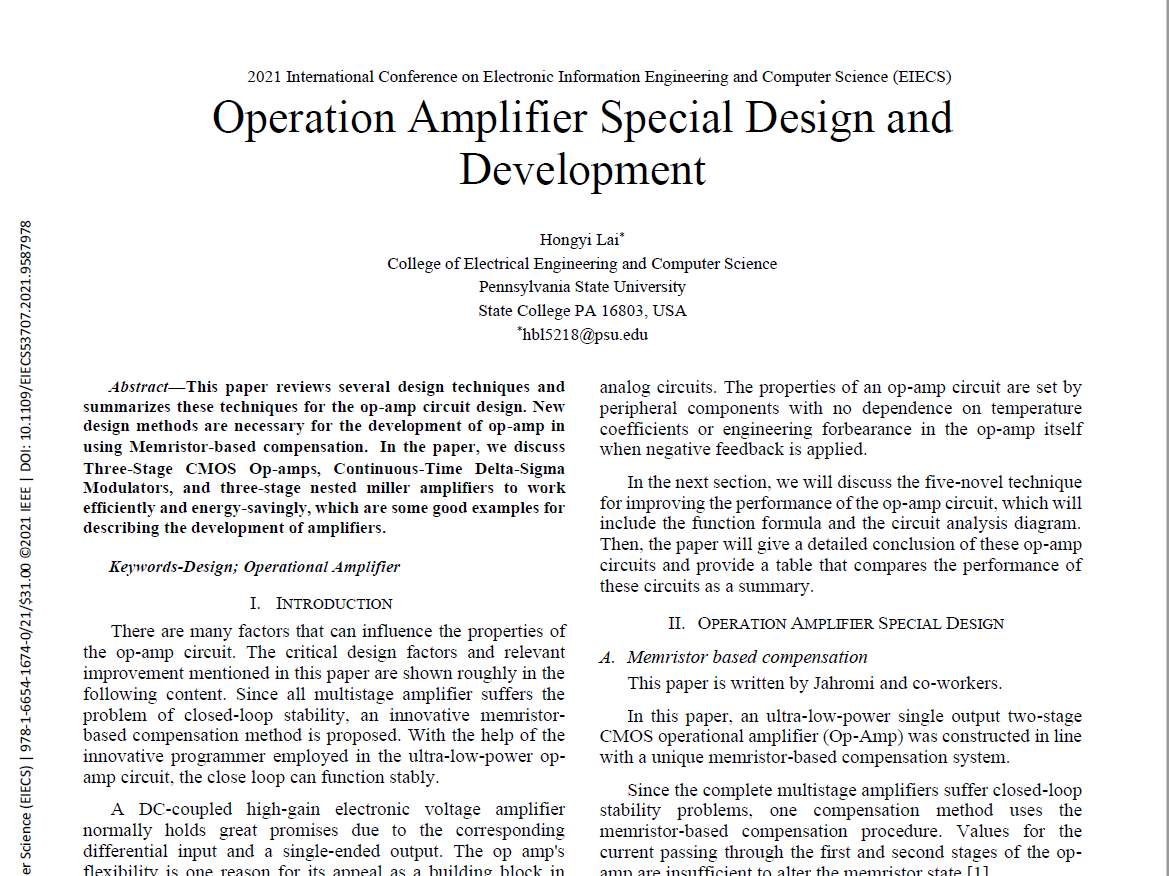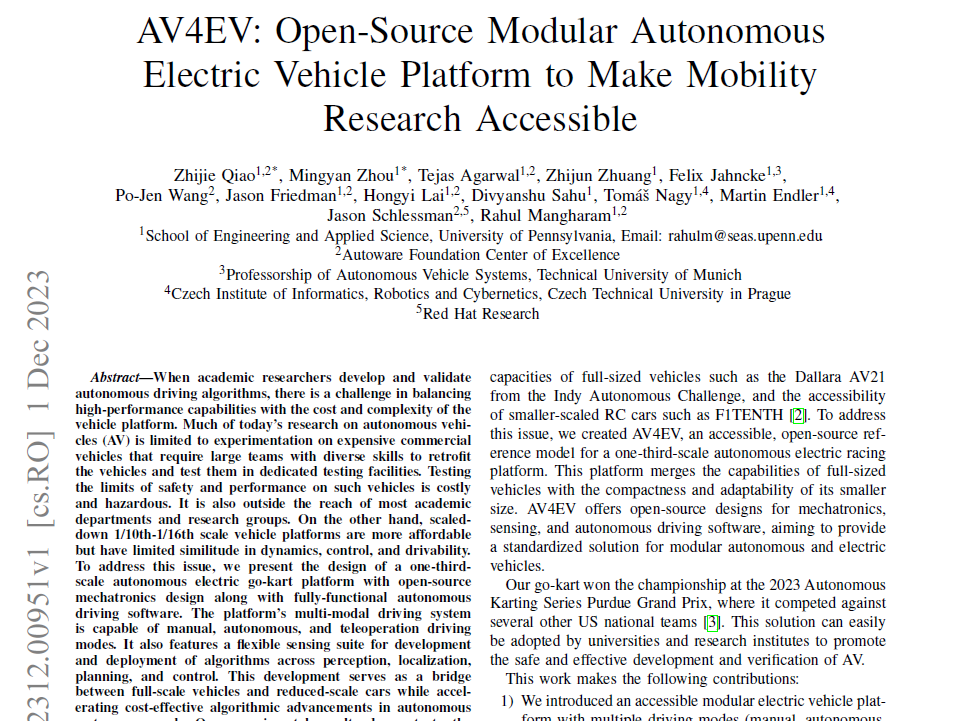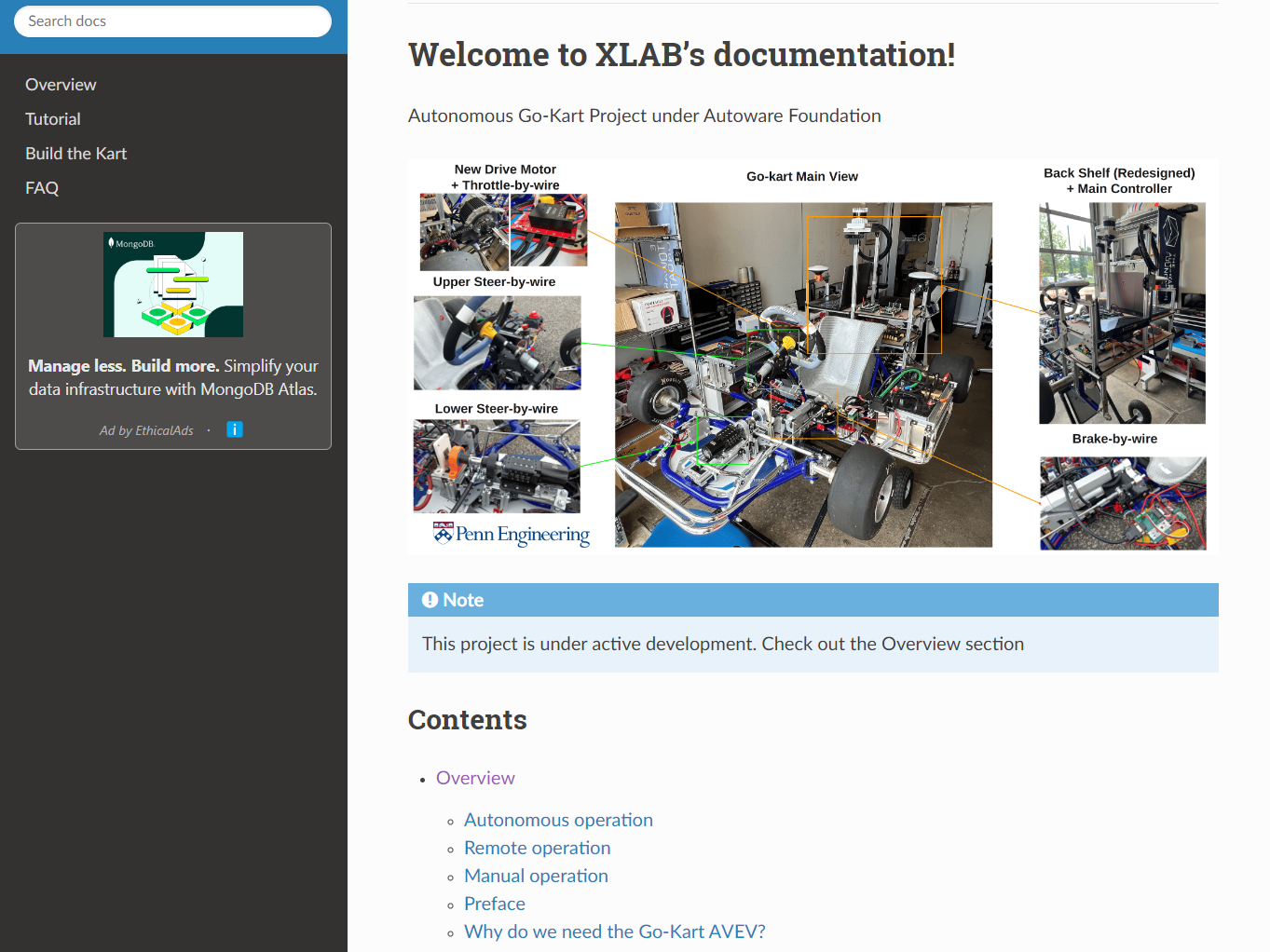Abstract
Device-independent quantum key distribution (DIQKD) has emerged as a promising approach
for secure communication, overcoming several limitations of traditional quantum key distribution
(QKD) protocols [1] [2]. This research proposal aims to advance the development and implementation of DIQKD by reviewing existing protocols, developing novel protocols, and optimizing them for various communication scenarios. The feasibility and robustness of the proposed protocols against different types of attacks will be assessed, and experimental setups for implementing the optimized DIQKD protocols will be proposed. The research will be conducted in four stages, each with a specific objective and an approximate timeline of activities. By addressing the technical and theoretical challenges of implementing DIQKD, the study aims to have a significant impact on the field of quantum cryptography and secure communication, with broader implications for cybersecurity, data privacy, and the adoption of quantum technologies
Device-independent quantum key distribution (DIQKD) has emerged as a promising approach
for secure communication, overcoming several limitations of traditional quantum key distribution
(QKD) protocols [1] [2]. This research proposal aims to advance the development and implementation of DIQKD by reviewing existing protocols, developing novel protocols, and optimizing them for various communication scenarios. The feasibility and robustness of the proposed protocols against different types of attacks will be assessed, and experimental setups for implementing the optimized DIQKD protocols will be proposed. The research will be conducted in four stages, each with a specific objective and an approximate timeline of activities. By addressing the technical and theoretical challenges of implementing DIQKD, the study aims to have a significant impact on the field of quantum cryptography and secure communication, with broader implications for cybersecurity, data privacy, and the adoption of quantum technologies


